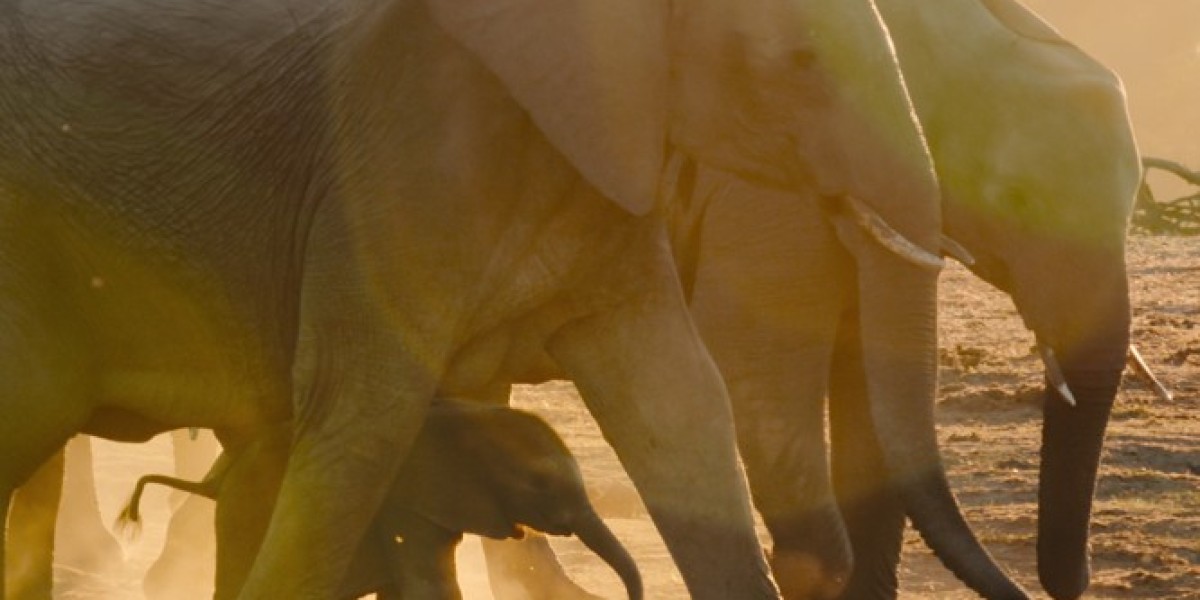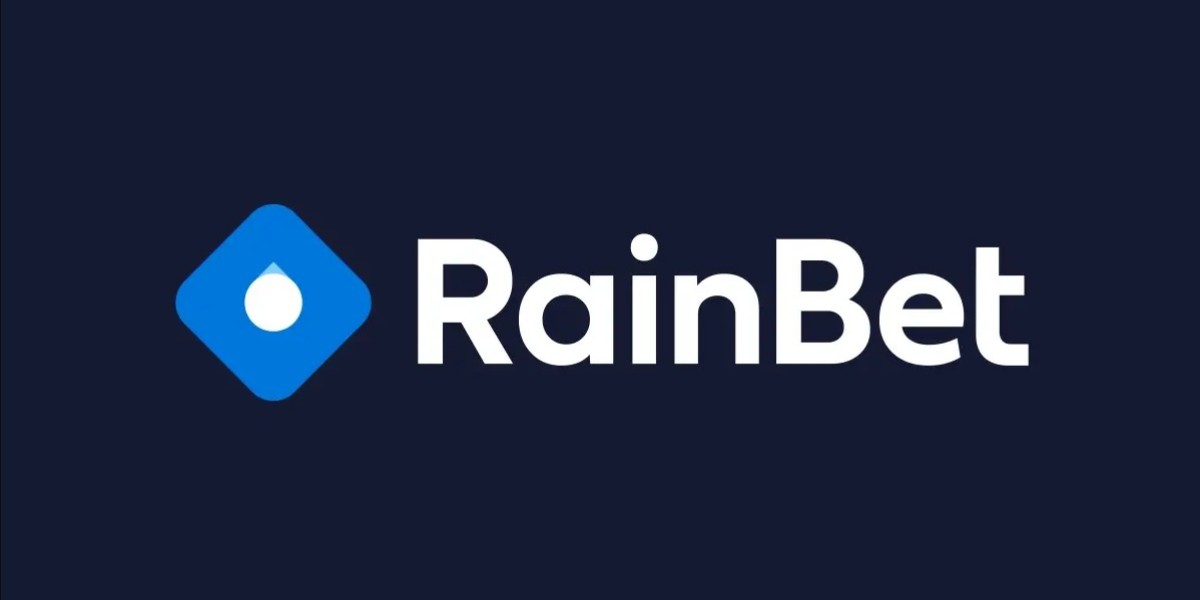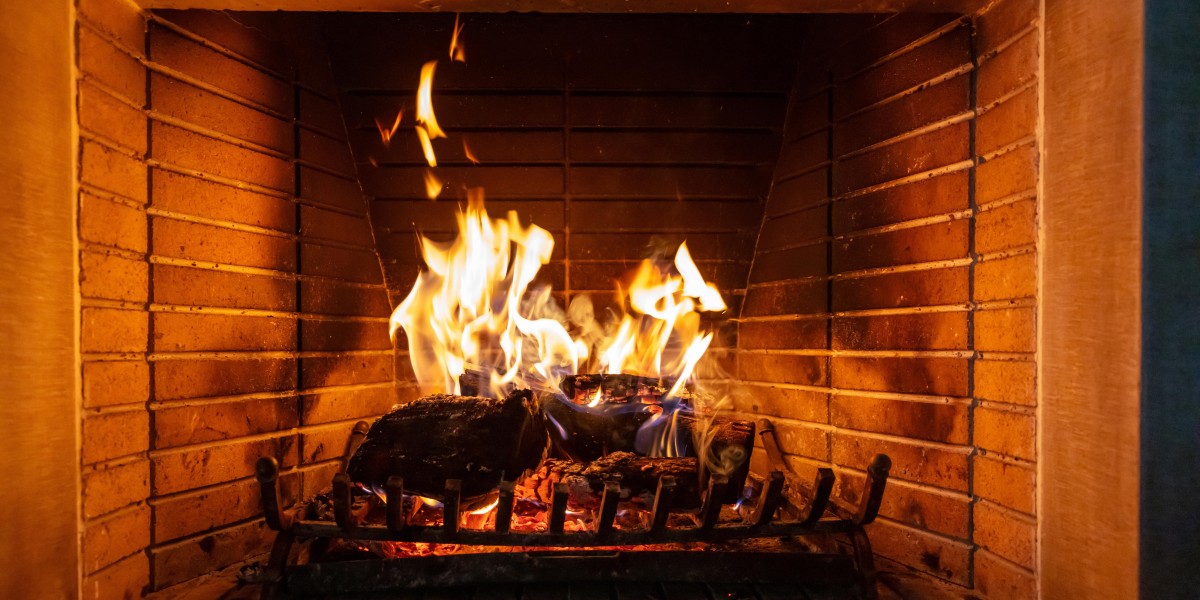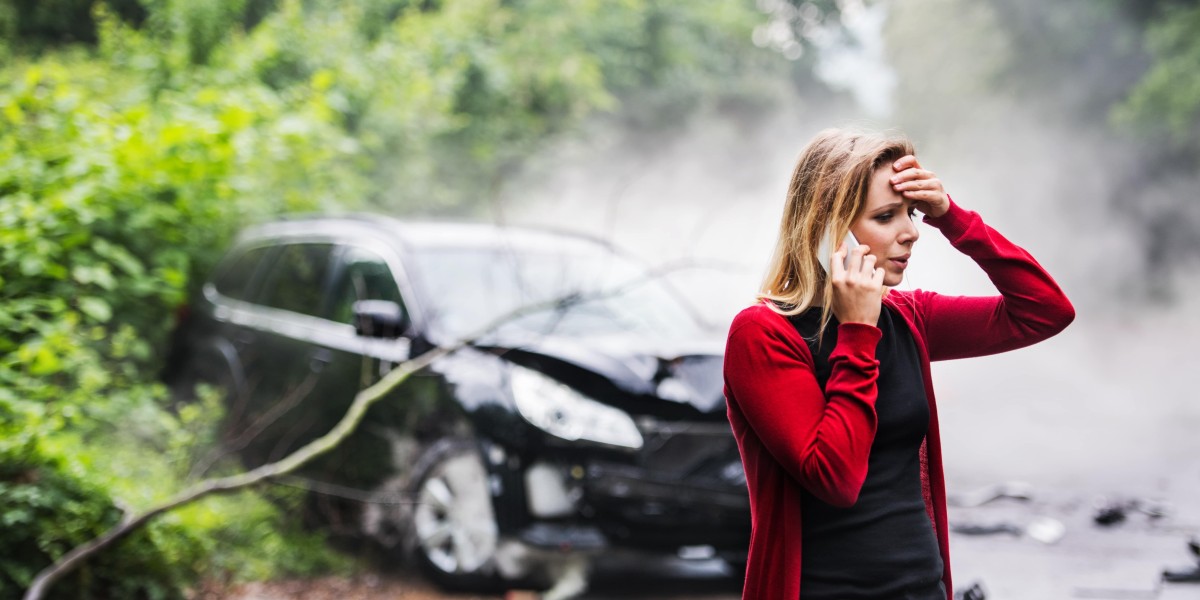
Indonesia insists B40 biodiesel application to continue on Jan. 1
Industry participants looking for phase-in duration anticipate gradual introduction
Industry faces technical challenges and cost concerns
Government financing problems occur due to palm oil price disparity
JAKARTA, Dec 18 (Reuters) - Indonesia's plan to expand its biodiesel mandate from Jan. 1, which has actually sustained issues it could curb international palm oil supplies, looks progressively most likely to be executed gradually, experts stated, as market participants seek a phase-in duration.
Indonesia, the world's greatest manufacturer and exporter of palm oil, plans to raise the mandatory mix of palm oil in biodiesel to 40% - called B40 - from 35%, a policy that has triggered a dive in palm futures and may press prices even more in 2025.
While the government of President Prabowo Subianto has stated consistently the plan is on track for full launch in the brand-new year, market watchers say expenses and technical challenges are likely to result in partial execution before full adoption throughout the sprawling archipelago.
Indonesia's biggest fuel merchant, state-owned Pertamina, stated it needs to modify a few of its fuel terminals to mix and save B40, which will be completed throughout a "transition period after government develops the mandate", spokesperson Fadjar Djoko Santoso told Reuters, without offering details.
During a meeting with federal government officials and biodiesel producers last week, fuel retailers requested a two-month shift duration, Ernest Gunawan, secretary general of biofuel manufacturers association APROBI, who was in attendance, informed Reuters.
Hiswana Migas, the fuel retailers' association, did not right away respond to an ask for remark.
Energy ministry senior main Eniya Listiani Dewi told Reuters the mandate walking would not be carried out slowly, and that biodiesel manufacturers are prepared to supply the higher blend.
"I have actually validated the preparedness with all producers last week," she said.
APROBI, whose members make fat methyl ester (FAME) from palm oil to be blended with diesel fuel, stated the federal government has actually not provided allocations for manufacturers to offer to fuel sellers, which it generally has actually done by this time of the year.
"We can't provide the goods without order files, and order documents are obtained after we get agreements with fuel companies," Gunawan told Reuters. "Fuel business can just sign contracts after the ministerial decree (on biodiesel allotments)."
The federal government plans to designate 15.62 million kilolitres (4.13 billion gallons) of FAME for B40 in 2025, Eniya informed Reuters, less than its initial estimate of 16 million kilolitres.
FUNDING CHALLENGES
For the federal government, moneying the greater blend could likewise be a difficulty as palm oil now costs around $400 per metric heap more than unrefined oil. Indonesia utilizes earnings from palm oil export levies, managed by an agency called BPDPKS, to cover such spaces.
In November, BPDPKS approximated it needed a 68% boost in aids to 47 trillion rupiah ($2.93 billion) next year and approximated levy collection at around 21 trillion rupiah, sustaining market speculation that a levy hike is imminent.
However, the palm oil industry would challenge a levy hike, stated Tauhid Ahmad, a senior expert with think-tank INDEF, as it would hurt the market, consisting of palm smallholders.
"I think there will be a delay, since if it is implemented, the subsidy will increase. Where will (the cash) come from?" he stated.
Nagaraj Meda, handling director of Transgraph Consulting, a commodity consultancy, stated B40 execution would be challenging in 2025.
"The execution may be sluggish and steady in 2025 and probably more hectic in 2026," he said.
Prabowo, who took office in October, campaigned on a platform to raise the required further to B50 or B60 to accomplish energy self-sufficiency and cut $20 billion of annual fuel imports. ($1 = 16,035.0000 rupiah) (Reporting by Bernadette Christina; Editing by Tony Munroe and Lincoln Feast.)








